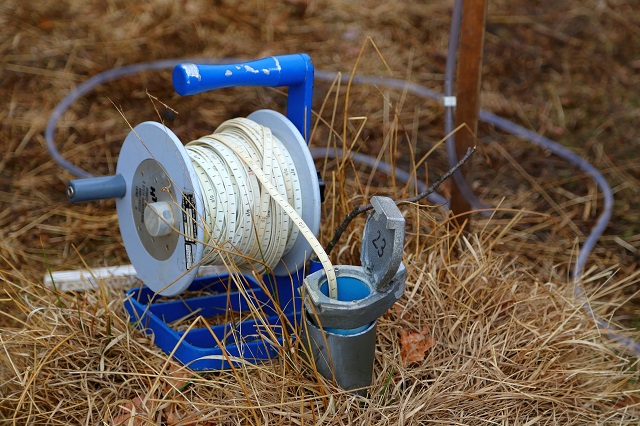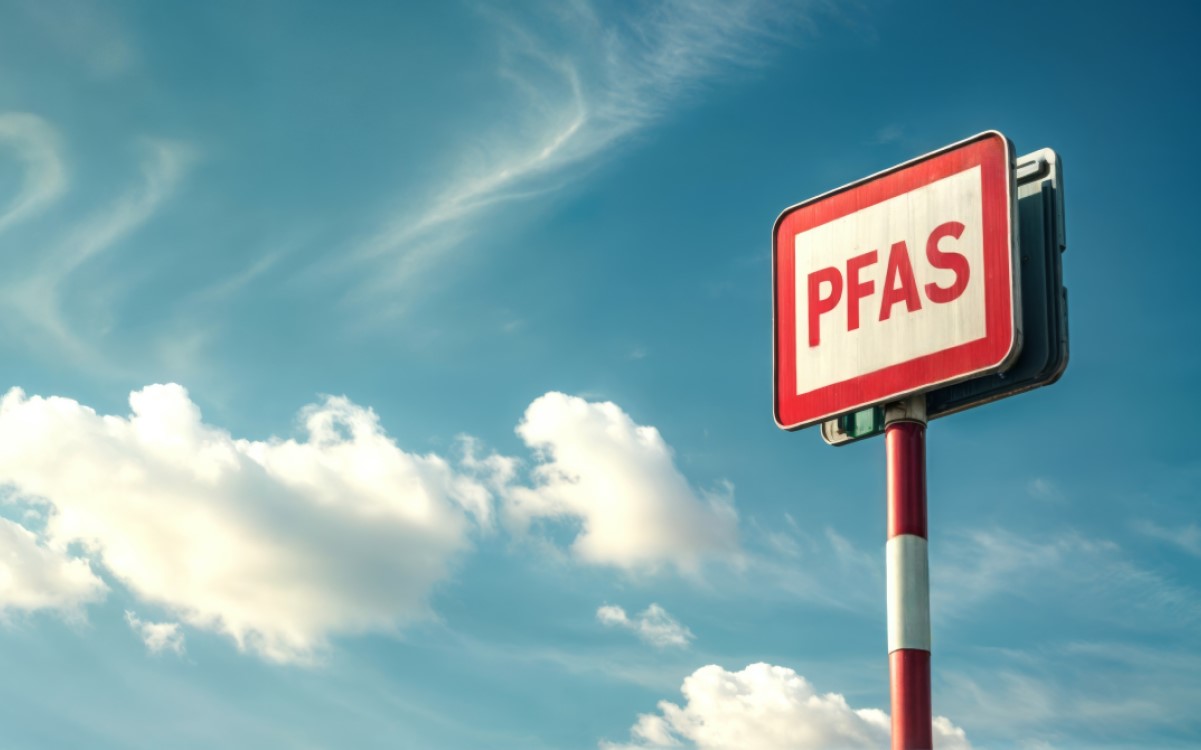Extreme heat and low precipitation: In the summers of 2018 and 2019 not only Southern Europe was subject to droughts. In northern Europe, too, the "summers of the century" led to severe droughts. The first half of 2020 has once again proven to be too dry, so as a consequence groundwater levels have not yet recovered in many regions. "In addition to the issue of insufficient European groundwater resources, quality is increasingly becoming a problem. This results in conflicts over the resource, for example between agriculture, drinking water supply and nature conservation," says ISOE water expert Fanny Frick-Trzebitzky. About a quarter of all European groundwater bodies are in a chemically poor condition, with nitrate playing a decisive role. "It is obvious that the current requirements of the European Groundwater Directive are not sufficient to guarantee the sustainable use of this valuable resource."
Under the leadership of Fanny Frick-Trzebitzky and Robert Luetkemeier from ISOE, the junior research group "regulate" wants to help ensure that the complex interdependencies that are contributing to the negative development of the European groundwater systems are better understood. "We know that certain types of use and economies as well as population dynamics and the consequences of climate change affect the quality and availability of groundwater," says Robert Luetkemeier, "but the exact connections, especially between local water withdrawals and regional effects, so-called telecouplings, have not yet been examined." The research group with four doctoral researchers is a cooperation between ISOE, Goethe University Frankfurt and University of Koblenz-Landau.
Groundwater, the invisible resource: recommendations for a European water policy
In September 2020, the junior research group has started working with the aim to investigate the manifold telecouplings to be found in connection with groundwater. The interdisciplinary team will consider hydrological, geographical, ethnological and ecological perspectives. They will particularly look at socio-economic and political processes in Europe, with a focus on the problems of drought, nitrate pollution and resulting conflicts. "To investigate the background of the current use of groundwater also means to analyze the weaknesses of current European water policy and to point out possible adaptations," says Luetkemeier. "Conclusions for sustainable management can then be developed for water authorities as well as for user groups such as agriculture, water companies, and industry."
In short, "regulate" aims to find application-oriented recommendations for a sustainable use of the invisible resource. "For this purpose, we also involve stakeholders from politics, water management, industry and agriculture in the research process," explains Frick-Trzebitzky. "The practical results should then be available to other regions of the world and may serve as a blueprint for sustainable groundwater management."
About the project
The junior research group "regulate – regulation of groundwater in telecoupled social-ecological systems" is funded by the German Federal Ministry of Education and Research (BMBF) as part of the program "Research for Sustainable Development (FONA)". The "regulate" project is part of the funding measure "SOEF – Social-ecological Research" in the funding area "Junior Research Groups in Social-Ecological Research".
Further information is available at www.regulate-project.eu.







